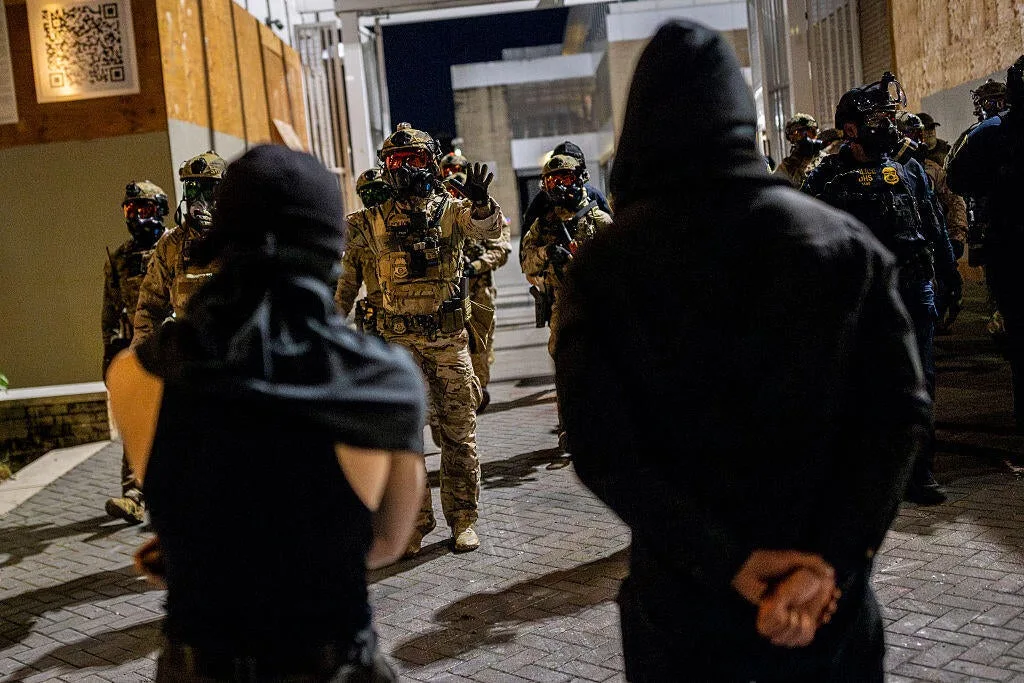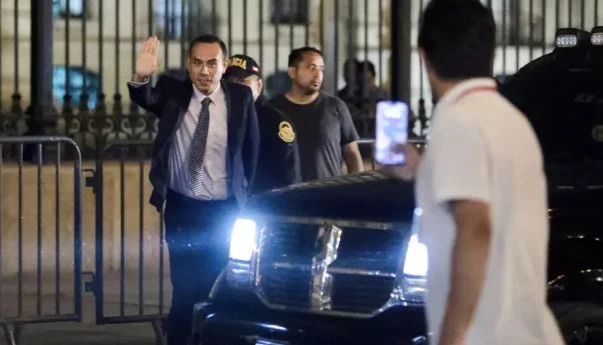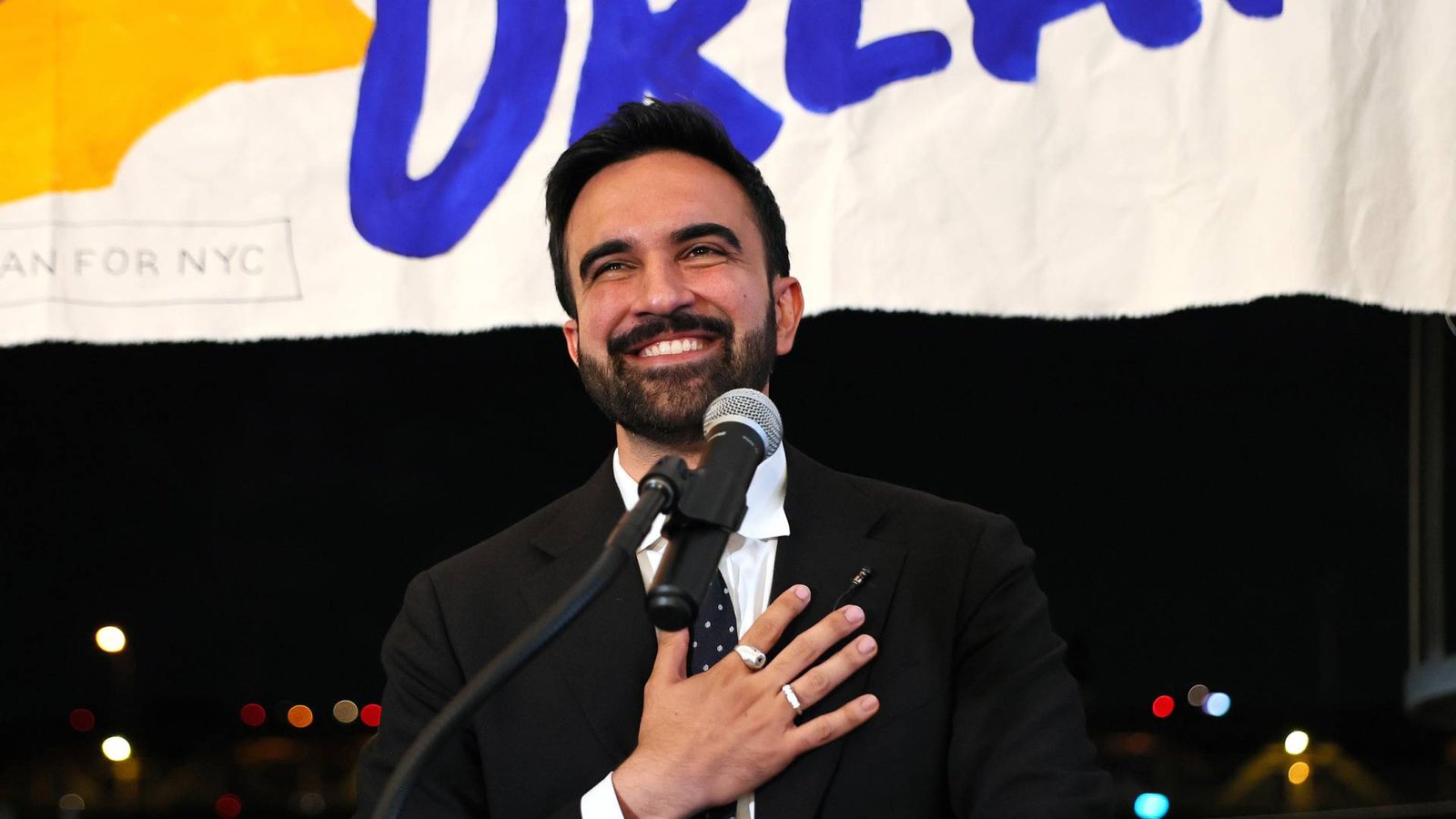Hundreds of National Guard troops sent to Portland, Oregon, and Chicago, Illinois, from California and Texas are set to return to their home states, a Defense Department official confirmed Saturday.
About 200 federalized California National Guard soldiers were sent to Portland last month, while another 200 from Texas were deployed to Chicago. All these soldiers will now return to their respective states, the official said.
The deployments were part of the Trump administration’s response to ongoing protests over its immigration policies. The White House argued that the National Guard troops were sent to “protect federal assets and personnel,” citing Title 10 of the federal code. This provision allows the president to deploy forces if there is a perceived “rebellion or danger of a rebellion against the authority of the government of the United States.”
However, federal judges had blocked the troops from patrolling the streets of Portland and Chicago in response to lawsuits from city and state officials. This left the federalized soldiers in a holding pattern while legal challenges played out.
On Friday, the Trump administration appealed a ruling to the Supreme Court that permanently barred National Guard troops from being deployed on Portland streets.
In addition to the returning troops, the number of federalized Oregon National Guard members will be reduced from 200 to 100, according to the defense official. In Illinois, approximately 300 National Guard members previously federalized as part of the operation will remain under federal control.
Portland and Chicago have experienced months of protests at U.S. Immigration and Customs Enforcement (ICE) facilities. Demonstrators have objected to the Trump administration’s immigration crackdown, and federal attempts to deploy troops have drawn criticism from local and state officials, who argue the moves escalate tensions unnecessarily.
The administration’s decision to deploy the National Guard has not been limited to Portland and Chicago. Trump also sent troops to Washington, D.C., Los Angeles, and Memphis, citing crime and the need to protect federal property and personnel from protesters.
U.S. Northern Command released a statement Friday, saying the Department of War — the Trump administration’s preferred name for the Defense Department — would “be shifting and/or rightsizing our Title 10 footprint in Portland, Los Angeles, and Chicago to ensure a constant, enduring, and long-term presence in each city.”
Despite legal challenges and local opposition, the administration has emphasized the National Guard’s role in safeguarding federal buildings and staff. Federal law enforcement officers have repeatedly cleared protesters from ICE facilities, sometimes using physical force and arrests to maintain access and security.
Local and state leaders continue to criticize the federal deployments. They argue that sending federal troops into cities not on the border with Mexico is an overreach and risks unnecessary confrontation with civilians. Federal judges have largely sided with these concerns, limiting the presence and authority of deployed forces.
The decision to return troops to California and Texas comes as both Portland and Chicago continue to experience tense relations between federal authorities and protesters. Reducing the federalized National Guard presence is expected to lower tensions while maintaining a legal and coordinated approach to security at federal sites.
As the troops leave, both cities remain on alert for ongoing protests, particularly at ICE facilities, where activists continue to challenge federal immigration policies. Officials in Portland and Chicago have called for dialogue and less confrontational approaches to managing protests.
The redeployment of troops underscores the balancing act between federal authority and local governance amid ongoing immigration-related protests. It also reflects the influence of judicial oversight on how the federal government can deploy military forces within U.S. cities.







